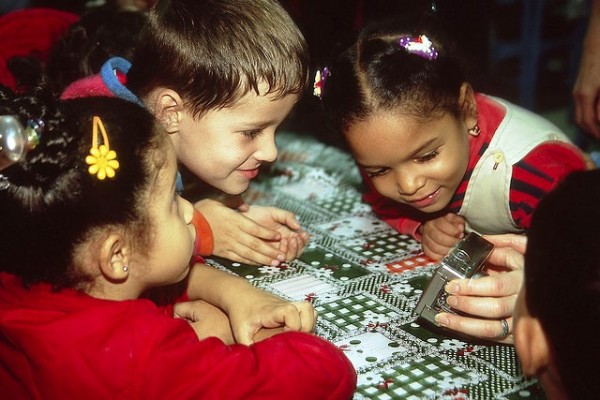More than 7 percent of School Children Take Psychiatric Medicines: Experts

More than 7 percent of school children in the U.S. take medications for emotional and behavioral difficulties, say health officials.
A recent survey report by the National Center for Health found the prescription of Attention-deficit-hyperactivity disorder (ADHD) categorized with emotional and behavioral problems increased in the last six months for children aged between six and 17 years. Researchers collected these facts by interviewing parents and care givers of different ethnicity, socio-economic backgrounds, race, education and income. About 81 percent of their children were diagnosed with ADHD at some stage in their lives and more than half of their parents claimed these medicines were effective.
Around 26 percent of parents felt these medicines had 'some effect' and the rest 19 percent said they 'didn't work at all'. Children belonging to families with income below the 100 percent of the federal poverty level were more likely to use prescribed medication for emotional or behavioral difficulties
"We can't advise parents on what they should do, but I think it's positive that over half of parents reported that medications helped 'a lot,' "said LaJeana Howie, study author and a statistical research scientist at the U.S. National Center for Health Statistics, reports the MedicalXPress.
According to the reports, more number of boys (almost 9.7 percent) took ADHD medications compared to 5.2 percent of the girls, though the drug was commonly prescription prescribed for older girls. In addition, researchers noted that race and ethnicity also influenced the pattern of intake of psychiatric medicines - 9.2 percent were white children, 7.4 percent African American and 4.5 percent Hispanics.
Furthermore, the experts observed more number of children with Medicaid or Children's Health Insurance Program was given ADHD drugs than those with private or no insurance.
The study excluded medical data and hence could accurately determine the kind of mental disorders most children had.
"We really can't speculate what factors would account for the difference," added Howie.
The authors said that psyche medications are not the only option to deal with emotional and behavioral disorders in growing children and urged parents to look for simpler methods like spending more time and building rapport with children.
"It's encouraging that children who are identified as taking prescription medications are benefiting from those medications," Adesman chief of developmental and behavioral pediatrics at Steven and Alexandra Cohen Children's Medical Center of New York, in New Hyde Park said, according to the Healthday News. "There are no pharmaceutical treatments for virtually all psychiatric diagnoses in children. For households where a child has significant emotional or behavioral difficulties, counseling, behavior management and some forms of psychotherapy can be helpful as well."
Apr 26, 2014 05:41 AM EDT




